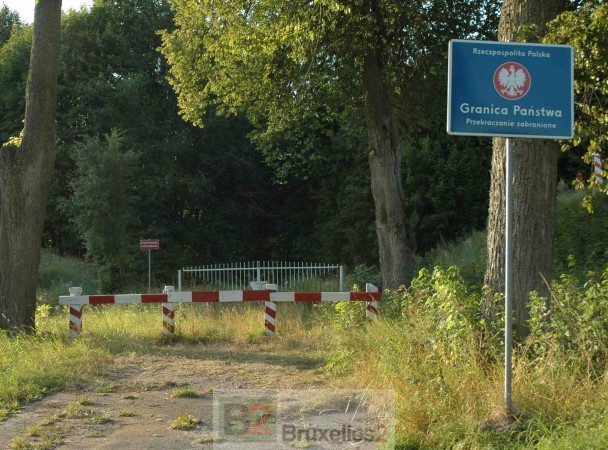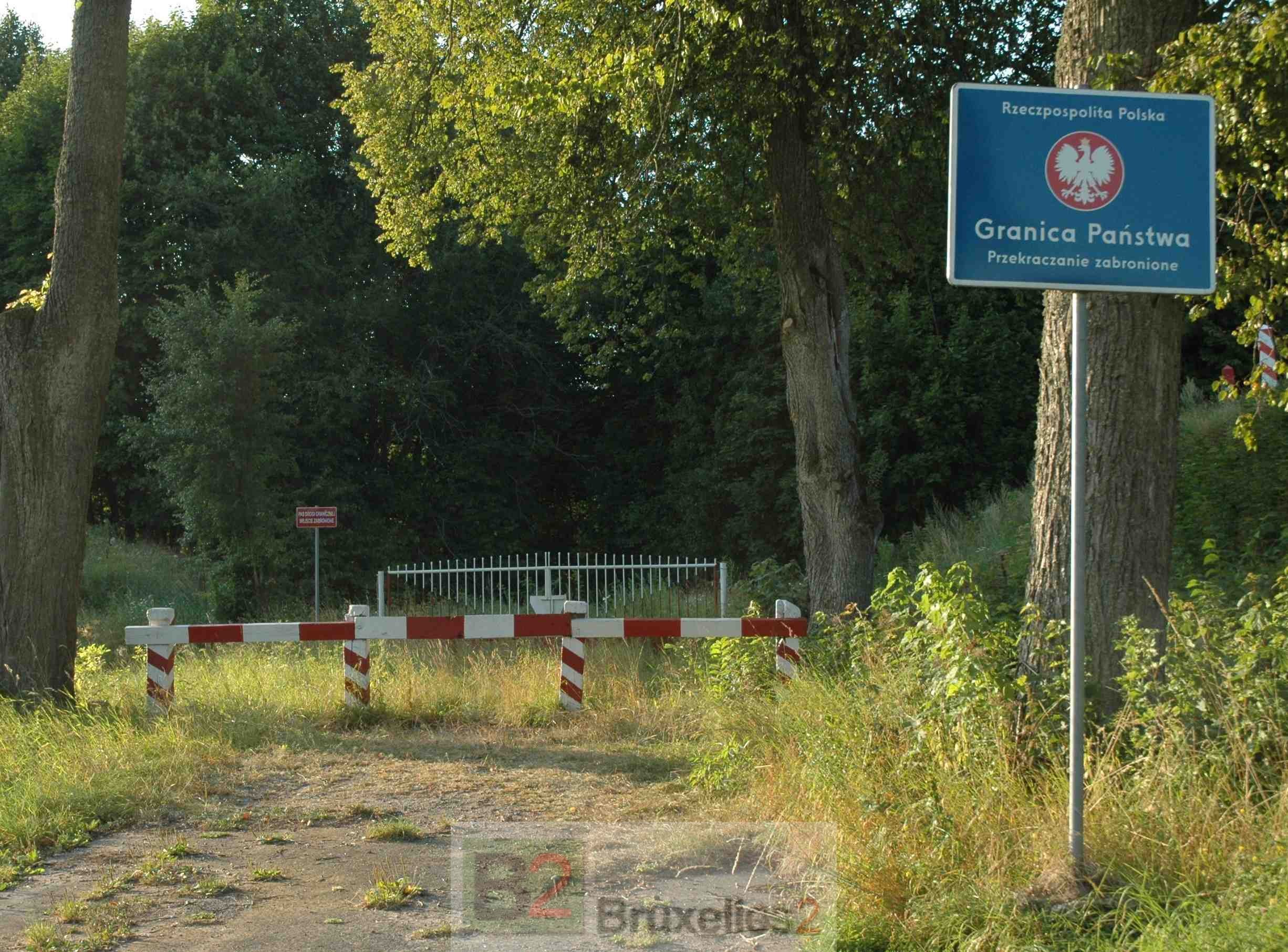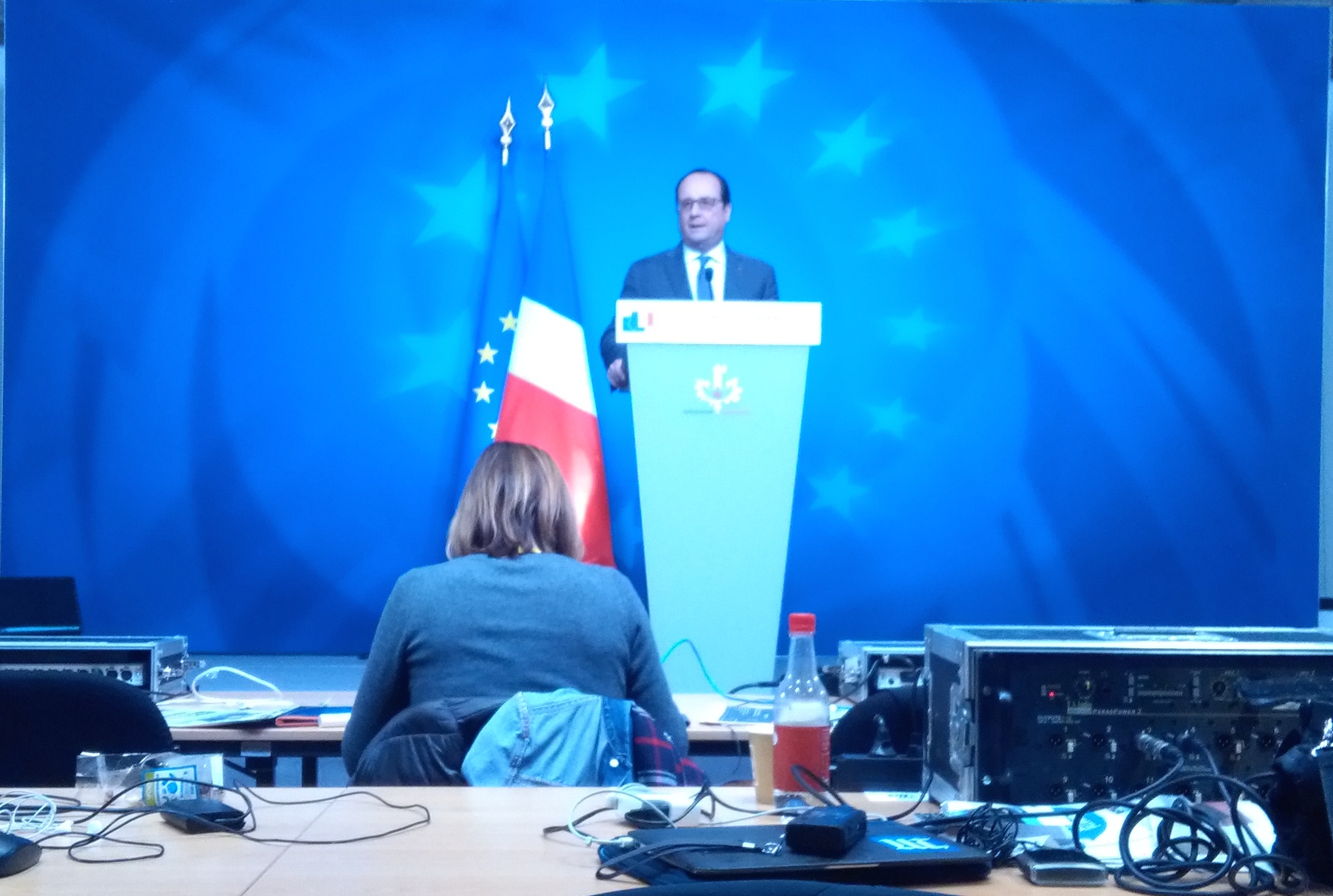Some lessons from the Ukrainian crisis

(BRUSSELS2) The “revolt of Kiev” will be on the agenda, this Monday, of the meeting of the Ministers of Foreign Affairs of the EU in Brussels, during the “lunch” (lunch in French, dinner in Belgian). The "rot" tactic played by the regime - however, does not bode well. And everyone can fear that after the Sochi games - and the relative Olympic truce - repression will resume its course, more intensively. Will the Europeans have the time to also reflect on the long term of their relations with Ukraine and beyond? We hope so. Because the European Union can no longer advance blindfolded on its policy of "association" as on the "borders" of Europe, which it seems necessary to revisit or redefine.
Revisiting the neighborhood policy
"Revisiting" does not mean abandoning the neighborhood policy. This policy must be re-examined from a new angle: that of an enlargement of Europe that is about to end and of a Russian neighbor which reaffirmed its desire for a political presence, in a striking fashion in 2008 with the passage in force of the Georgian border. 1991 is far away today... The time of a Russia weakened by the end of the former USSR must be seen as a page of history that is in the process of being turned.
An association agreement is not neutral
Even if the Europeans deny it, signing an association agreement with a country is not "neutral". This means a deep opening of one economy to the other, certain structural reforms and a certain commitment in matters of governance such as human rights, which has real political and economic significance. This also means a backlash on other agreements that the country concerned could sign with its other neighbours. It is therefore not a simple agreement to import cars or dairy products. It is an act of importance both for the inhabitants of the country concerned, those of surrounding countries and Europeans more generally.
East is not South
Having a "neighborhood" policy based on the same "calibers" between East and South means forgetting certain geopolitical data.
In the South, we are faced with a multitude of countries which are very little linked to each other, except by a feeling of belonging to an Arab community (for some), or are in latent hostility and have completed their process of decolonization. For these countries, it is also quite clear that an association agreement (apart from Turkey) does not mean a first step towards integration into the European Union. Because a primary condition is missing: to be on European territory.
In the East, there are countries which are certainly independent today but which have not yet completed their "decolonization" of their former suzerain, Russian. On the one hand, there is this permanent "shadow" of Moscow. A Russian giant that cannot be ignored or despised. On the other hand, these countries are, more or less, on European territory and have an intrinsic "vocation" to enter the European Union, at least in the state of the political definition of enlargement. And they believe it. It is not the association that the Ukrainians are aiming for, it is to be part of Europe. This is all the more so as they are very close to certain countries with which they share the same history: Ukraine with Lithuania and Poland and Moldova with Romania. We must not minimize these links, this history and this common psychology which are not only the chance of geography. An association agreement therefore appears for these neighboring countries as a simple necessary step towards integration into the European Union. Even if a country like Ukraine only looks like a rule of law in name...
Open your eyes to the links between Russia and its neighbors
By promising an association agreement, by wanting to negotiate it “two-way” with kyiv and by not involving Moscow, Europe has played and is still playing with fire. Even if the political theory wants each state to be independent, there is a geographical, political and historical reality: Ukraine has strong ties with Russia. Unless you go back to a time when this territory was part of... Poland, today negotiating an "association" agreement with kyiv requires in a certain way to have Moscow's agreement. Negotiate “against or without Moscow”, as the head of German diplomacy, Frank-Walter Steinmeier, recently reminded us at the Munich security conference, does not seem possible in real life.
A difference in approach
The Europeans do not want (and cannot) engage in a new Cold War conflict with their Russian neighbor. Moscow, which is leading a "true global approach" in this respect, the one the Europeans boast about but which they are unable to implement. The Kremlin has the upper hand on the legal and political instrument, as well as on the main economic elements (gas in particular). Facing him, the Europeans appear divided. Putin knows this and can play with his divisions.
The neighborhood needs a real policy, Europe needs stability
We have to find "something else" which is both stronger and more useful for the countries bordering it, which does not sound like a provocation or a detachment for the regional powers, and which organizes the European periphery not like countries "associated" in a unitary way with Europe but organizes them according to regional logics. Above all, Europe needs stability at its borders. What is happening in Ukraine could open up a serious period of instability in an important country in our neighborhood which covers almost the entire eastern border of Europe: from the Baltic countries to Romania. Realistically, both Brussels and Moscow have no interest in the Ukrainian "powder barrel" exploding uncontrollably. And Russia is, to some extent, an "objective" ally of European construction (even if we don't really always share the same values). It therefore seems necessary to open a Brussels-Moscow-kyiv dialogue.
Delimiting Europe
A blur on the borders to be clarified
This case highlights the vagueness that currently reigns over the limits of Europe. This vagueness - useful - in the past - turns out to be harmful today, inside and out. When Enlargement Commissioner Stefan Füle indicates that the question of Ukraine's EU membership will have to be considered for a while, he rekindles a powder keg, inside and out. of the EU. (Füle said in Munich: "If we are serious about helping Ukraine's transformation, we need to consider serious instruments, including using the enlargement instrument »).
Inside, it generates a certain feeling of insecurity, a lack of appropriation of what Europe is: at Fifteen yesterday, at 27 then 28 today, at 33 tomorrow (with the Balkan countries) . Where will what looks more and more like a headlong rush stop? Especially since most issues related to enlargement are still unresolved. The successive "constitutional" summits: in Nice in the early 2000s, as in Lisbon in 2007, have not really solved the problem of European governance, in particular on the "how" to organize European structures at 35.
Externally, this gradual expansion can be looked at in an ominous way. Like an attempt at appropriation. Starting with Russia, so jealous of its former empire, with leaders who still think in the "ex-Soviet Union" zone.
It is therefore clearly important to define the limit to the European Union. And quick. There is no need for a Treaty change, all that is needed is a reaffirmation of the criteria accompanied by a political declaration that the European Union has now reached (with the integration of the Balkans) its threshold of maturity. And that no decision on new "enlargement" outside of the negotiations already underway or promised (Balkans, Norway, Iceland, Turkey) will no longer be initiated.
PS: A test! In politics, as in scientific research, it is sometimes necessary to reason in "test". So let's do the "Moscow test". Let's suppose that the Kremlin changes its mind (within ten years for example) and asks to sign an association agreement and then to negotiate membership of the European Union, committing itself to respecting all the criteria indicated. Will it be possible without misleading the European Union and threatening the balance, often difficult to find between European countries, to accept such a candidacy?
(Nicolas Gros-Verheyde)



